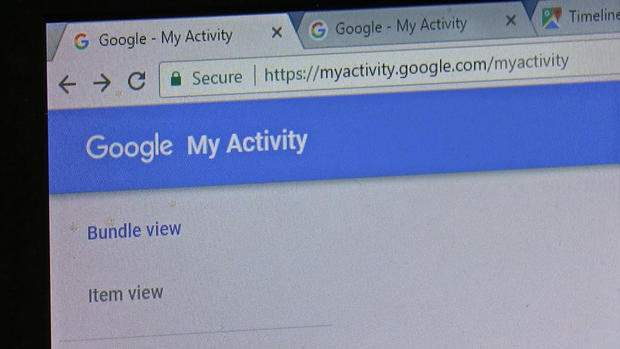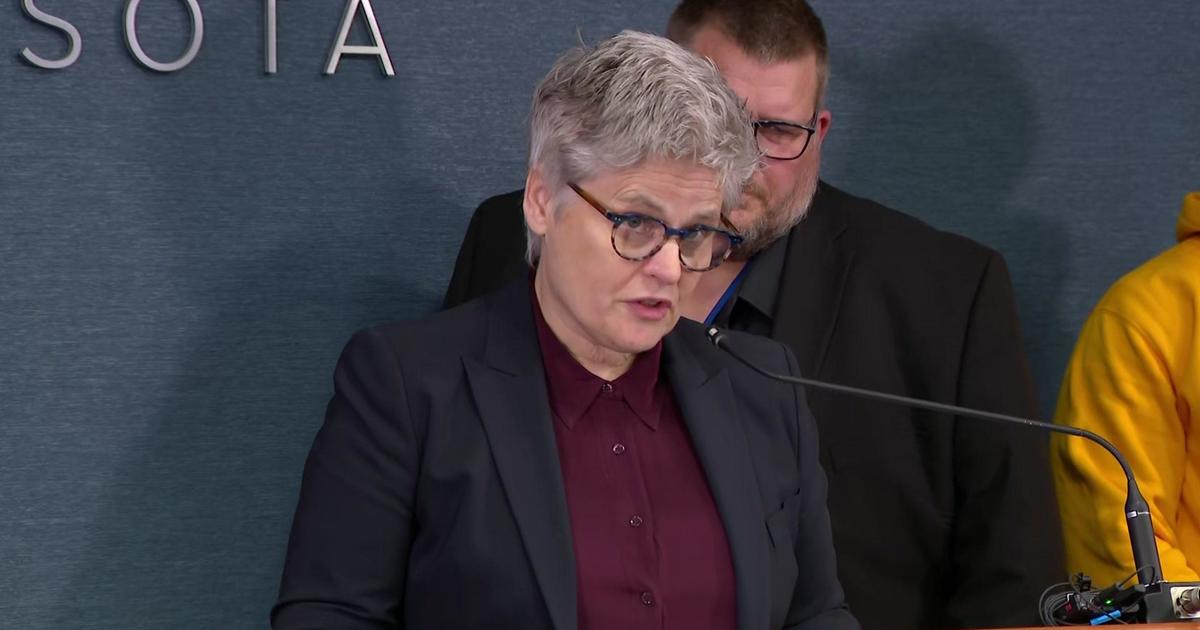Good Question: What Do Online Companies Know About Us?
MINNEAPOLIS (WCCO) -- Internet companies and social media sites change their privacy policies from time to time.
It's in small print that many of us don't read, but it gives them an opening to collect data on their users.
So, what do these online companies know about us?
It could be your phone telling you how far you are from home, online ads popping up after a search or a Facebook notification about an event near you.
At some point, that information has caught some people off-guard.
"In some ways, it's a trade-off," said Jill Vanden Heuvel, social media director for Snap Agency. "You love getting those ads because they're relevant to you. But you hate the ads because they are so relevant and it's creepy."
When it comes to Facebook, Google, Twitter, Apple, Instagram and more, we give them a lot of our information when we agree to use the product.
Names, birthdays, college, workplaces, home addresses, phone numbers, credit card information are all pieces we willingly hand over.
Advertisers can then use this information to target specific demographics.
"If you've ever shopped on a Facebook store, they have now your credit card information," Vanden Heuvel said. "If you've ever liked an image or a brand or a photo, they can track those as interests of yours."
Google announced its effort Tuesday to track how well digital advertising works.
They can identify when a person buys something in a brick-and-mortar store after clicking on an online ad. Google says the data is encrypted to be anonymous and in the aggregate.
People can visit Twitter or Google to see some of the information that's being collected.
A person can collect Twitter information under "Your Twitter data' tab in the "Settings" tab.
Google offers a "My Activity" section that allows a person to see their location, YouTube and web-browsing history.
"Security is a big piece of it," she said. "You personally as a user, you want to make sure you're covering yourself."
Vanden Heuvel says people can turn off their location tracking or cookie history or buy fewer things online.
"There's way to get around, to lessen that, but there's no way to actually get away from all of it," she said.




